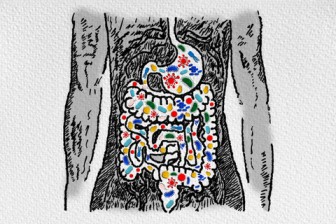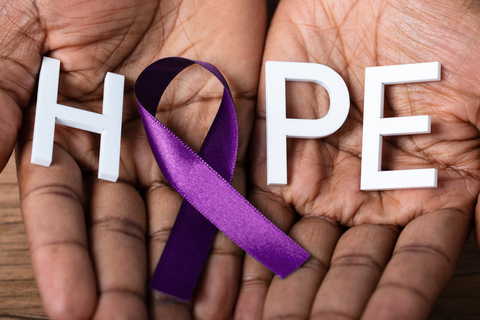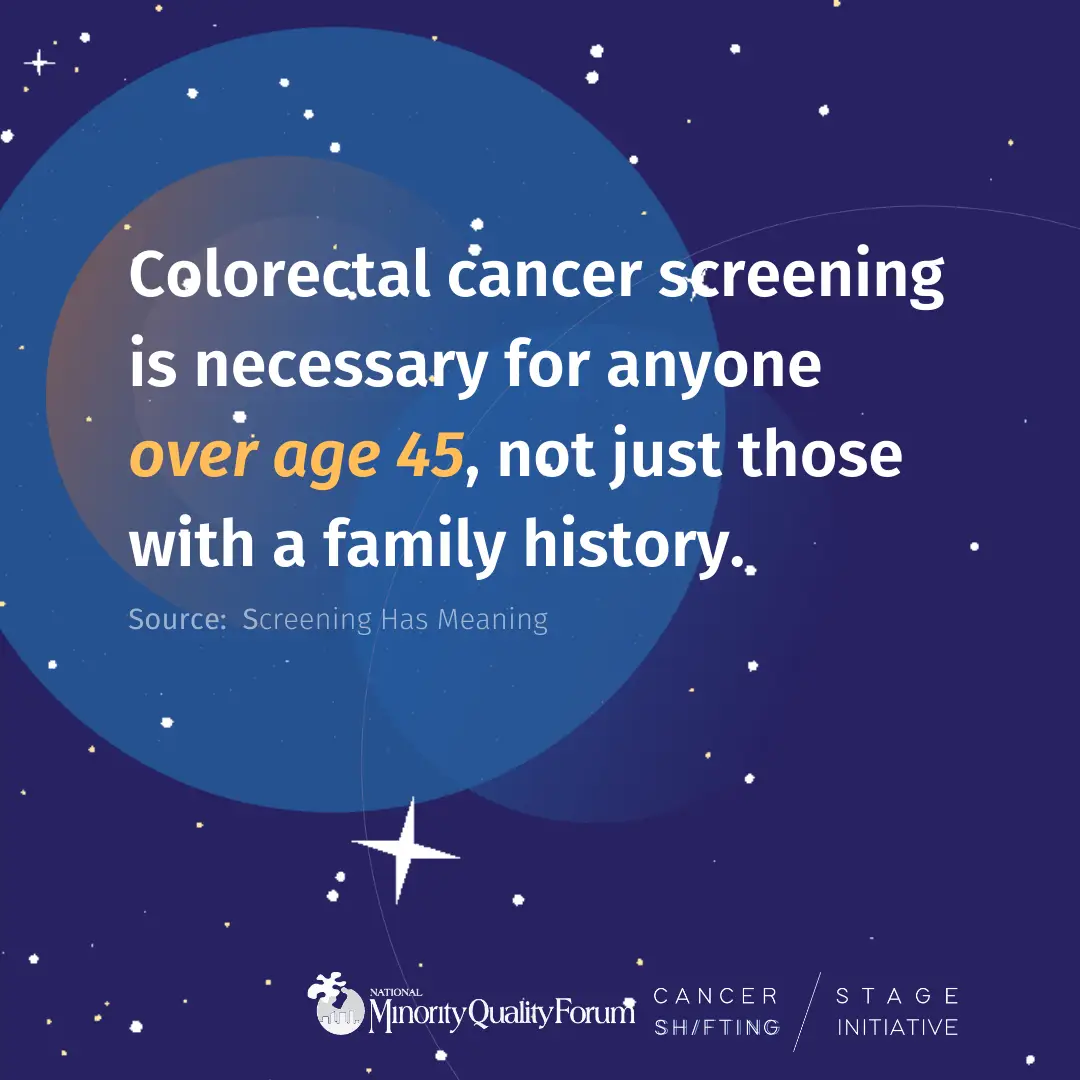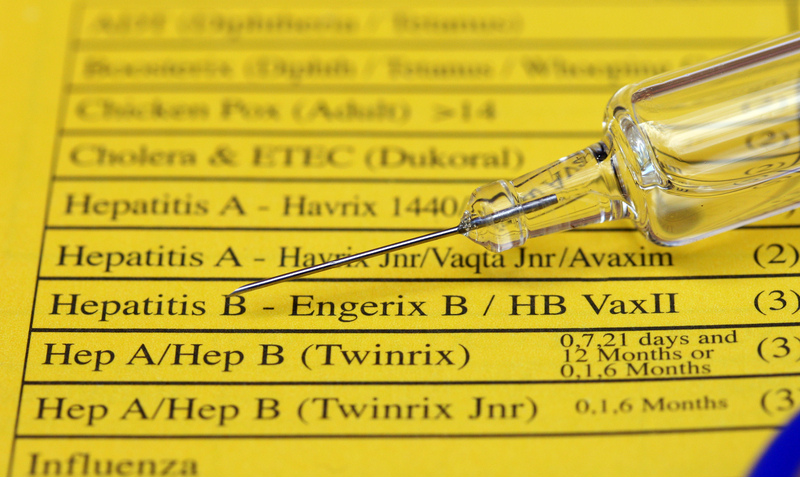- By Jessica Wilson

Over the past decade, research has revealed a strong connection between gut health and mental health. This relationship, known as the gut-brain axis, shows that the bacteria and microbes in our digestive system influence mood, stress, and cognitive function. For Black and Brown communities, where access to healthy foods and healthcare is often limited by structural inequities, gut health plays a particularly important role in overall well-being.
The Gut-Brain Axis
The gut is sometimes called the “second brain” because of its direct communication with the central nervous system. Trillions of microorganisms—known as the gut microbiome—help regulate digestion, inflammation, immunity, and the production of neurotransmitters such as serotonin and dopamine. When the gut is out of balance, people may experience digestive issues, anxiety, depression, or brain fog.
Barriers in Black and Brown Communities
There are multiple barriers in black and brown communities that are glossed over. Food deserts and nutrition gaps have many predominantly Black and Brown neighborhoods lack affordable access to fresh fruits, vegetables, and whole grains. Diets high in processed foods and low in fiber can disrupt the gut microbiome, increasing the risk of both physical and mental health challenges. Chronic stress with racism, discrimination, and socioeconomic stressors trigger chronic inflammation, which harms both gut health and mental well-being. Lastly, healthcare inequities create limited access to culturally competent healthcare may delay diagnosis or treatment for digestive and mental health conditions, leaving many without the support they need.
Why Gut Health Matters for Mental Health
Studies suggest that people with a healthy gut microbiome have lower rates of depression and anxiety. For communities already facing higher rates of stress, trauma, and chronic disease, strengthening gut health can serve as a protective factor for mental health.
Steps Toward Better Gut and Mental Health
-
Increase Fiber Intake: Foods like beans, lentils, leafy greens, and whole grains support good gut bacteria.
-
Include Probiotics and Prebiotics: Yogurt, kefir, kimchi, and foods rich in fiber nourish the gut.
-
Address Stress: Mindfulness, exercise, and community support help regulate the gut-brain axis.
-
Culturally Relevant Care: Healthcare providers should tailor nutrition and mental health advice to cultural food traditions and community realities.
-
Advocate for Food Justice: Policies that increase access to affordable, nutritious food in Black and Brown neighborhoods are essential to long-term health.
Conclusion
Gut health and mental health are deeply connected, and this link is particularly important in Black and Brown communities where systemic inequities already burden physical and emotional well-being. By addressing gut health through diet, stress management, and community resources, these communities can strengthen not only digestive health but also resilience against mental health challenges.
Trending Topics
Features
- Drive Toolkit
Download and distribute powerful vaccination QI resources for your community.
- Health Champions
Sign up now to support health equity and sustainable health outcomes in your community.
- Cancer Early Detection
MCED tests use a simple blood draw to screen for many kinds of cancer at once.
- PR
FYHN is a bridge connecting health information providers to BIPOC communities in a trusted environment.
- Medicare
Discover an honest look at our Medicare system.
- Alliance for Representative Clinical Trials
ARC was launched to create a network of community clinicians to diversify and bring clinical trials to communities of color and other communities that have been underrepresented.
- Reducing Patient Risk
The single most important purpose of our healthcare system is to reduce patient risk for an acute event.
- Jessica Wilson
- Subash Kafle
- Jessica Wilson

















